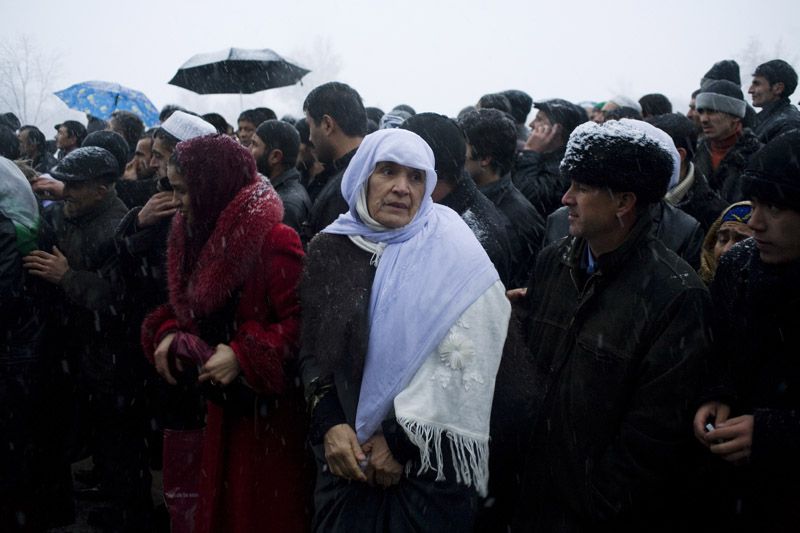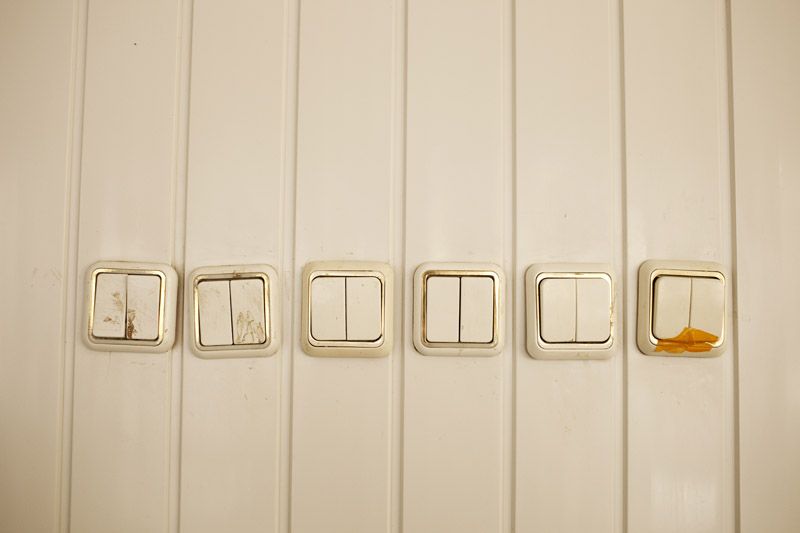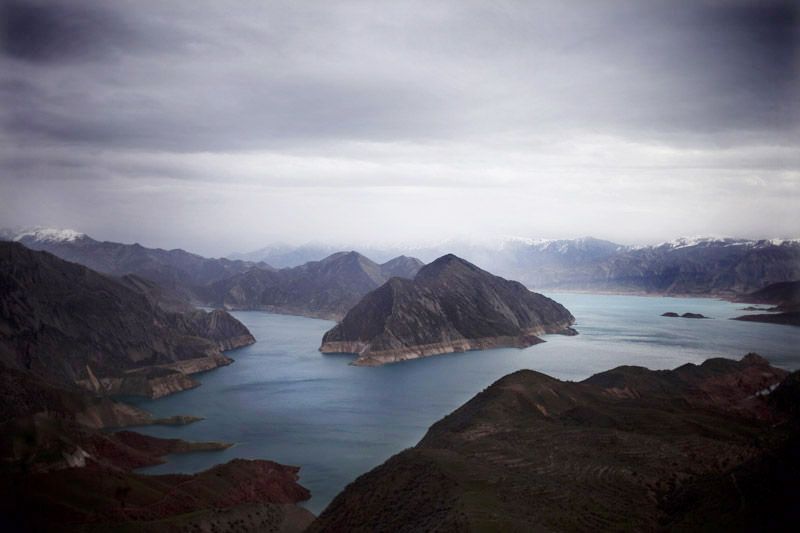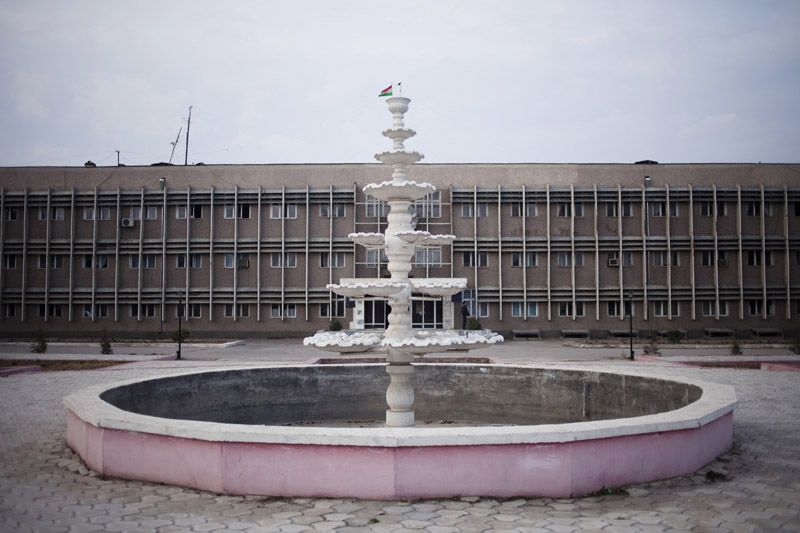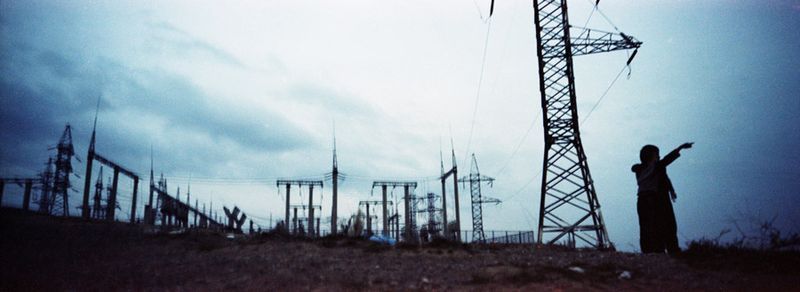Central Asia is not a beacon for press freedom. But government attitudes are generally calibrated by the language a journalist writes or broadcasts. National languages –Tajik, Kazakh, Uzbek, Kyrgyz, or Turkmen-- are the most sensitive and tightly controlled. Russian, the lingua franca of post-Soviet Central Asia, comes a close second. English is not such a big deal since very few Central Asians can understand it and Central Asian regimes care most about controlling the information actually consumed by their citizens.
Nonetheless, we – we meaning Carolyn Drake, a photographer working alongside me on this trip, and I -- figure it's a good idea to get an official government press accreditation. Also, Farhod tells us it's a good idea to get accredited and we're inclined to do whatever Farhod tells us to do.
Farhod is the director of the Tajikistan branch of Internews, an organization that does a brave job of trying to enable better media in the former Soviet Union. We met with him to talk about our game plan for the next ten days. Knowledgeable, competent, highly networked, multi-lingual, politically savvy, and a very nice guy, he is an example of a number of first-rate journalists in this region who seem to emerge out of exactly no where.
At the foreign ministry, which is just down the street, we're told accreditation is no problem, a 24-hour process, despite the fact that the president of Yemen is in town and the entire ministry is very busy attending to his visit.
After getting a bite to eat (sign above restaurant door: "best Shanghai dishes in Dushanbe"), Carolyn returns to the hotel and I head off to Dublin Bar, an expat hangout. It's filled with foreigners, almost all of whom seem to know each other. The US embassy people are there. Various NGO-types. French soldiers (NATO runs some non-lethal supplies to Afghanistan out of Tajikistan). An American rhetorically asks me what the Tajiks have to talk about with the Yemenites. "What do they say to each other, 'I'm obscure, you're obscure so let's drink to that'?"
Both countries can talk about water problems, actually. Yemen has simply too little of it. Tajikistan's water quandary is more complicated: water is in fact one of the few resources the country has in abundance, but the problem is accessing it. Unlike the Central Asian nations with Caspian Sea shorelines, Tajikistan has very few oil deposits and derives electricity by harnessing its rivers and alpine lakes. Except during the summer, however, water levels are too low to power hydroelectric dams, and without the electricity from the dams Tajikistan cannot power its Soviet-era electric water pumps. The result is Tajikistan has lots of water but no electricity to move water to the farms and people who need it.
Hoping to secure at least some energy this winter, Tajikistan's president, Emomalii Rahmon, struck a deal last year with Turkmenistan to receive electricity, but Uzbekistan refused to allow it to pass through its borders.
A game theorist could have a field day with the current battle for resources in Central Asia. The only way for one country to win is for every country to compromise. Stalin saw to that by devising national borders in Central Asia that curl around each other like flames licking a log. No country can win without cooperating with all the others. Aiming for resource supremacy only results in everyone losing. Which is what, more often than not, is happening. The governments of Tajikistan and Uzbekistan are currently having back room talks, diplomats told me, but generally speaking the two countries are in a resource-driven cold war. Each side has multiple grievances against the other, among which Tajikistan wants Uzbekistan to export its energy and Uzbekistan wants Tajikistan to release more water downstream.
Back at the Irish Pub, I'm told the bartender is also the owner, an Albanian national who decided to go into business here after working a stint at the Dushanbe office of the United Nations. I ask how he stays in business considering Tajikistan's notoriously gangster business climate. Someone in the crowd says he's actually had a few issues. "He's had some challenges keeping his arms unbroken."
